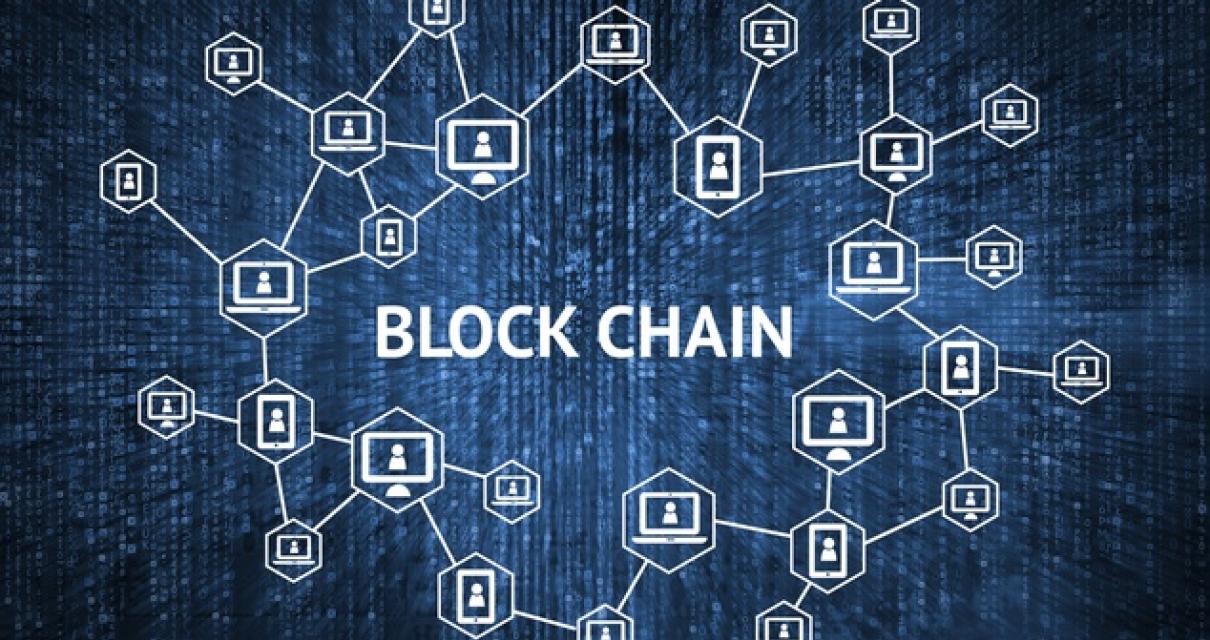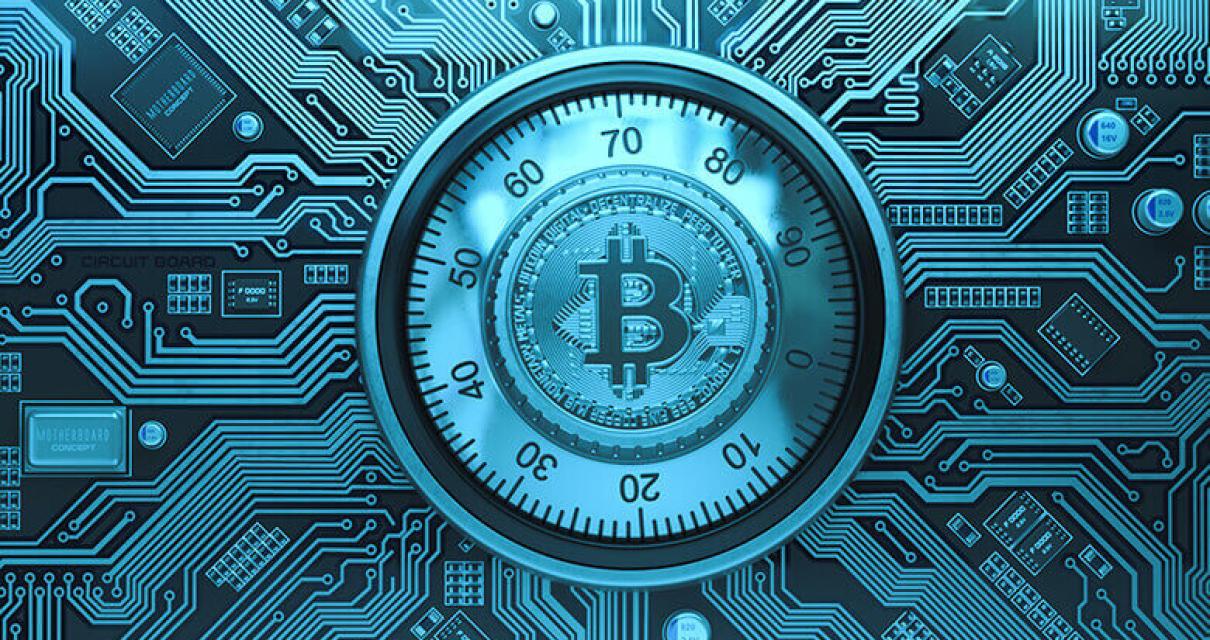How blockchain security protects your data
One of the key benefits of blockchain technology is that it provides a secure means of storing and transmitting data. This is because blockchain is based on a decentralized network of nodes, which means that data is not stored on a single server or location. Instead, it is stored on a large number of distributed nodes.
This makes it difficult for anyone to tamper with or delete data stored on a blockchain network. Furthermore, since blockchain is based on a shared ledger, it is easy to verify the accuracy of data transactions. This makes it a very secure technology for storing data.
The benefits of blockchain security
Blockchain security benefits are numerous and include:
1. Blockchain security is tamper-proof.
2. Authentication is enhanced with blockchain technology.
3. Data integrity is enhanced with blockchain technology.
4. Tampering or alteration of data is virtually impossible.
5. Fraudsters cannot falsify records, making transactions more transparent and secure.
6. Reduced processing time and costs are achievable with blockchain technology.
The Different Types of Blockchain Security
There are three main types of blockchain security:
1. Public Key Infrastructure (PKI)
2. Hashgraph
3. Cryptographic Security Protocols (CSPs)
Public Key Infrastructure (PKI) is a system that uses cryptography to protect the security of digital assets. A user's public key is used to encrypt data, and a corresponding private key is needed to decrypt it. PKI is typically used to protect the security of email, web browsers, and other online services.
Hashgraph is a new type of blockchain security that uses a different algorithm than blockchain. Hashgraph is more energy-efficient and can scale to more transactions than blockchain.
Cryptographic Security Protocols (CSPs) are a new type of blockchain security that use cryptography to protect the security of data. A user's private key is used to encrypt data, and a corresponding public key is needed to decrypt it. CSPs are typically used to protect the security of online transactions, such as shopping and banking.

The Evolution of Blockchain Security
When Satoshi Nakamoto first proposed blockchain technology in 2008, the idea was met with skepticism by many in the financial industry. But as we’ve seen over the past nine years, blockchain technology has evolved into a powerful tool for secure data sharing and transactions.
Today, blockchain is more than just a technology – it’s a movement. And as the blockchain community continues to grow and evolve, so too does its security infrastructure.
How Blockchain Security Works
When you make a blockchain transaction, you are not only transferring digital assets between two parties, but you are also sharing a copy of that asset’s complete history. This history is stored on a distributed network of computers, and it is constantly updated as new transactions are made.
This distributed network of computers is what makes blockchain so secure. Each individual computer on the network is responsible for verifying the validity of each transaction. If one computer on the network malfunctions or is hacked, the entire blockchain system can still be trusted to maintain accurate records.
This security feature is why blockchain is such a powerful tool for digital asset transactions. It eliminates the need for third-party verification, which makes transactions faster and more secure.
The Evolution of Blockchain Security Solutions
As blockchain technology continues to evolve, so too does its security infrastructure. Today, there are a variety of blockchain security solutions available to businesses of all sizes.
Some of the most popular blockchain security solutions include:
1. Cryptocurrency wallets
Cryptocurrency wallets are essential for storing your cryptocurrency holdings securely. They allow you to easily access your digital assets, and they provide security features such as Two-factor authentication and cold storage.
2. Blockchains
A blockchain is a distributed database that is used to store cryptocurrency transactions. By using a blockchain, you can ensure that all transactions are secure and tamper-proof.
3. Cryptography
Cryptography is essential for protecting your blockchain assets from theft and cyber attacks. Cryptography algorithms use mathematical formulas to encode and decode data, which makes them difficult to hack.
4. Security protocols
Security protocols are essential for ensuring that your blockchain transactions are safe and secure. These protocols help to protect your data from unauthorized access, and they can also protect your blockchain system from malicious attacks.
5. Data security
Data security is another important factor in ensuring the safety of your blockchain transactions. By keeping your data encrypted and secure, you can protect it from unauthorized access.
6. Compliance with regulations
Many blockchain security solutions are compliant with current regulations, which makes them suitable for use by businesses of all sizes.
7. Cost effective
Blockchain security solutions are cost effective compared to traditional security solutions. They offer enhanced security and faster transactions, which makes them an ideal choice for businesses of all sizes.
The Future of Blockchain Security
As blockchain technology continues to grow, it is important to ensure that security remains a top priority. Recent reports have highlighted the potential for blockchain to be used for malicious purposes, and it is important that developers continue to work on ensuring that the technology is secure.
Several measures have been put in place to ensure the security of blockchain technology, including the use of distributed ledgers and smart contracts. These measures help to ensure that transactions are transparent and secure, without the need for third-party verification.
It is also important to ensure that developers are aware of the potential for blockchain to be used for malicious purposes. This knowledge can help to prevent attacks from happening in the first place, and it will also help to improve the security of the technology.
How to Secure Your Blockchain
There are a few ways to secure your blockchain.
1. Use a wallet that supports encryption.
2. Use a cold storage wallet.
3. Use a hardware wallet.

Best Practices for Blockchain Security
There are a few best practices for blockchain security that you can follow to protect your network and data.
1. Use a Multi-Factor Authentication Protocol
One of the most important things you can do to protect your blockchain network is to use a multi-factor authentication protocol. This will require you to input a combination of information such as a password, PIN, and fingerprint to access your account.
2. Install a Security Gateway
Another important step you can take to protect your blockchain network is to install a security gateway. This will help protect your network from attacks and attacks on your data.
3. Keep Your Blockchain Network Updated
One of the most important things you can do to protect your blockchain network is to keep it updated. This will help to protect against vulnerabilities and attacks.
4. Harden Your Access Points
Another important step you can take to protect your blockchain network is to Harden your access points. This will help to protect against unauthorized access.